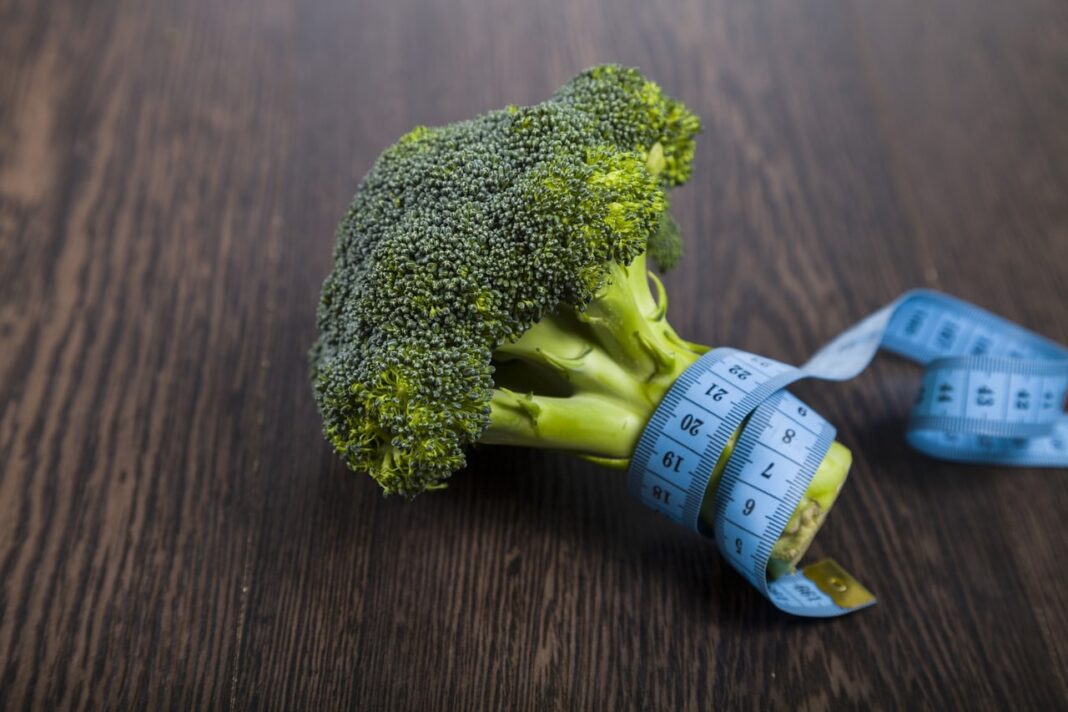Broccoli: The Superfood Packed with Nutrients and Health Benefits
Broccoli, a popular vegetable from the Brassicaceae (cruciferous) family, is often hailed as a superfood due to its impressive nutrient profile and numerous health benefits. Recognized for its green florets and nutritious stalk, broccoli is not only known for its versatility and earthy flavor but also for being highly beneficial to overall health.
This vegetable is rich in essential nutrients, including magnesium, potassium, selenium, folate, vitamins A, C, and K, along with nearly 2 grams of protein and fiber per cup, according to the U.S. Department of Agriculture. Broccoli is also a great source of calcium—about 100 milligrams per cooked cup—which is crucial for strong bones, muscles, and heart health, particularly for those following plant-based diets. Additionally, the fiber content in broccoli aids digestion and promotes gut health, making it an excellent food for overall wellness.
Broccoli is also celebrated for its role in skin health, as its antioxidants combat free radicals, which can damage cells. Furthermore, broccoli supports immunity through antioxidants like sulforaphane, which help protect the body from harmful invaders. It has even garnered attention in cancer research for its potential anti-cancer properties, attributed to glucosinolates, compounds that can be converted into substances that fight cancer cells.
Despite being packed with these nutrients, broccoli is remarkably low in calories. A single cup of raw broccoli contains just 29 calories, making it a great option for anyone seeking to maintain or lose weight while still benefiting from a filling and nutritious food. Its high fiber content not only supports digestion but also contributes to long-lasting fullness, making it a smart addition to any healthy eating plan.
Broccoli is grown in well-drained, fertile soil and thrives in cooler climates. It is primarily produced in China, India, and the United States, with California being the top producer. This versatile, nutrient-dense vegetable truly deserves its “superfood” status, offering a range of benefits for both health and disease prevention.


